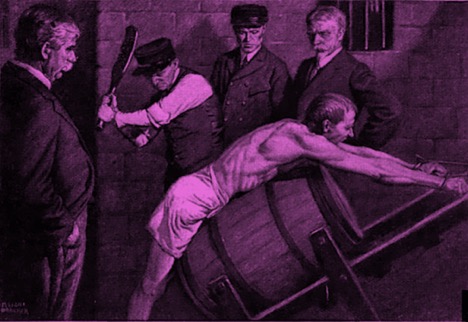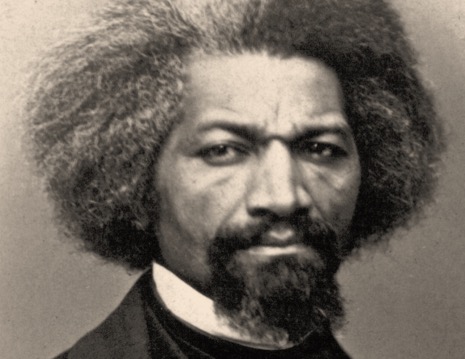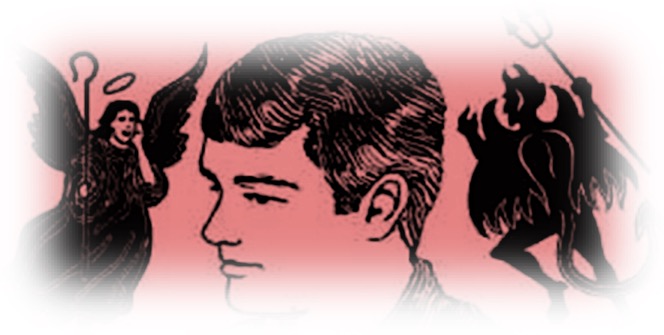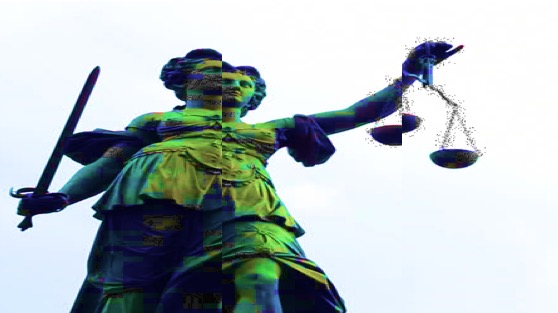Pious identitarian elites punish you for their guilt.
The Moral Basis of Identity Politics
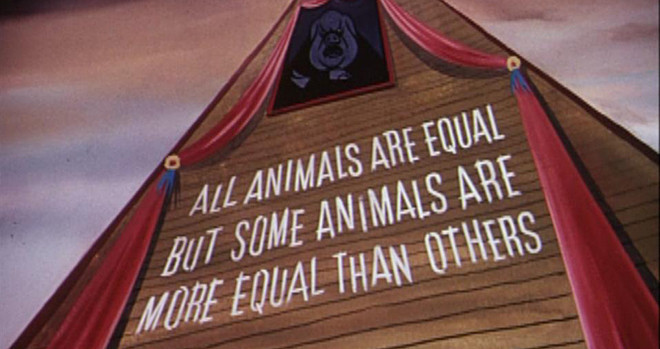
Identity politics legitimizes inequality and the moral superiority of its elite.
Today’s political discourse is dominated by the language of “identity politics.” David Azerrad is right about that, and he provides plenty of convincing evidence about what it means.
One wonders whether any policy can now be discussed outside of the framework of “race, class, and gender.” Even environmentalism must be hammered into the same Procrustean bed. Professor Josephine Donovan writes, “feminism … embraces the amelioration of life on earth for all life-forms…. We believe that all oppressions are interconnected: no one creature will be free until all are free—from abuse, degradation, exploitation, pollution, and commercialization.”
I propose to add to Azerrad’s overview by addressing the moral basis of identity politics. I believe it can be found in the political theory of some of the earlier spokesmen for post-1960s liberalism—men such as John Rawls, Ronald Dworkin, and Richard Rorty.
I begin with Azerrad’s observation that “identity politics … ultimately proves to be a misnomer.” He adds: “Not all identities, it turns out, are created equal.” White males who affirm their own identity are castigated as racists and sexists, subject to deplatforming from social media, termination of their careers, and possibly criminal prosecution.
This paradox is explained by law professor James Jacobs, whom Azerrad quotes: “The greater a group’s victimization, the stronger its moral claim on the larger society.” In the last analysis, this means that the moral basis of identity politics has nothing to do with race or “gender” or sexual orientation as such. Instead, it rests on a moral claim about oppression. In Richard Rorty’s language, the claim in question is that “cruelty is the worst thing we can do.”
This is the view of justice relied on by the identitarians. It is the liberalism of “equal concern and respect,” to use Ronald Dworkin’s term. This liberalism—variously defended and explained by Dworkin, Rorty, John Rawls, and others—was not originally articulated in terms of race, sex, and so on. Instead, it began with the idea that individuals all possess the same “fundamental right.” This right includes, according to Dworkin, not only “liberty of free expression and of free choice in personal and sexual relations,” but also “the right to equal treatment, that is, to the same distribution of goods or opportunities.” Government must transfer wealth, status, and especially recognition and honor, from the more to the less fortunate, so that everyone may live as he or she pleases. I take this idea, rather than claims of group oppression, to be the deeper moral basis of liberalism today.
Rawls is widely and rightly considered the most important of the post-1960s liberal political theorists. His basic argument, in agreement with Dworkin, is that “all social primary goods … are to be distributed equally unless an unequal distribution … is to the advantage of the least favored.” Among these “primary goods” is liberty, understood as the right to live as you please, as long as you allow others to do the same. This point in particular, applied to sexuality, is necessary to justify the legitimacy of groups whose “identity” consists in their common rejection of marriage as the preferred social institution for procreating and raising children.
In the Rawls-Dworkin view of justice, nothing is said about disadvantaged groups. In fact, many of Rawls’s critics complain that he never showed much interest in identity politics in his writings. Yet some of the leading identitarian spokesmen speak of Rawls almost with reverence, as an important source of their own ideas. That makes sense if Rawls’s idea of the superior moral claim of the disadvantaged is the foundation of “identity” in today’s sense.
If indeed Rawlsian social justice may be achieved by ensuring that “primary goods” are adequately redistributed to “least favored” individuals, there was never any necessity for post-1960s liberal politics to take its current form. Social justice did not have to become the basis of a politics of race, sex, and sexual orientation. Yet it did.
In retrospect, it is easy enough to see why it happened. There was a large and obvious black minority. Blacks had been given equal voting and nondiscrimination rights by 1970, and schools were well on the way to being desegregated. But it was also true that on average, blacks owned a much smaller quantity of “social primary goods,” to use Rawls’s term. They had lower incomes, their housing was worse, their neighborhoods more dangerous, and they had higher unemployment rates. It was obvious and convenient for blacks, as the least successful group in society, to appeal to the “Rawlsian” definition of justice that had come into prominence in the 1960s. Hispanics, women, gays, and transgenders eventually followed in the train of blacks. Each group demanded their own privileges as compensation for oppression—not on an individual basis, which would have required them to prove case by case that they were among the “least favored”—but on the basis of their group status as disadvantaged or oppressed.
There is another implication of Rawls’s “difference principle” that the advocates of identity politics take advantage of but rarely admit. That is its legitimation of inequality. Rawls’s principle says that an unequal distribution of resources is permitted if it is to the advantage of the least favored. Rawls remarks in passing that “the principles of justice” permit “subsidizing universities and institutes” by taxation, if they promote “the long-term interests of the least advantaged.” Rawls never elaborates on that crucial admission, but its consequences have become a major feature of today’s economy and politics.
Rawls’s crucial proviso explains the current alliance of the high and low against the middle. I refer to the fact that the political coalition that now governs America consists of the union of those groups designated least advantaged (single mothers and other single women, minorities, gays) with the wealthiest and most highly educated classes. Rawls explains why America’s elites fully deserve their superior income, status, and honors. Highly paid journalists and professors at prestige universities, government officials, and heads of foundations and their corporate sponsors deserve the unequal wealth, privileges, and honors they enjoy—provided that they promote liberal social programs. The post-1960s approach therefore requires redistribution of income and prestige from the more advantaged not only to those who are deemed to be oppressed, but also to those at the top who promote social justice.
Nothing is more welcome to these elites than to be told how morally superior they are while they enjoy their superior status and income.
The American Mind presents a range of perspectives. Views are writers’ own and do not necessarily represent those of The Claremont Institute.
The American Mind is a publication of the Claremont Institute, a non-profit 501(c)(3) organization, dedicated to restoring the principles of the American Founding to their rightful, preeminent authority in our national life. Interested in supporting our work? Gifts to the Claremont Institute are tax-deductible.
We need courage to replace the politics of special privilege with the politics of equal justice.
Identity politics offers disenchanted radicals one more shot at utopia.
Our adversarial multiculturalism urges majority groups to disown their identity and minorities to cling to theirs.
America can't stand the retributive injustice of identity politics.

